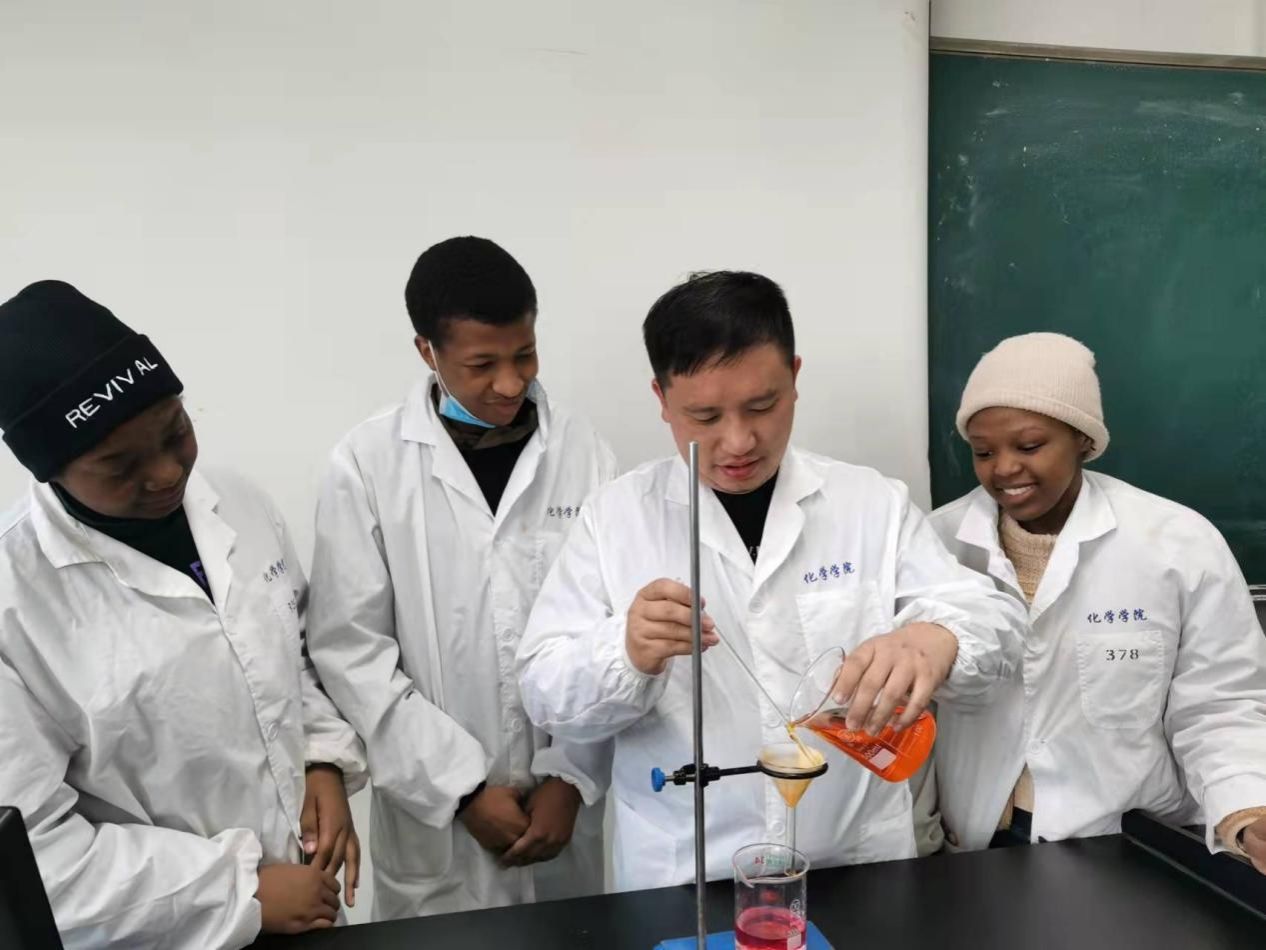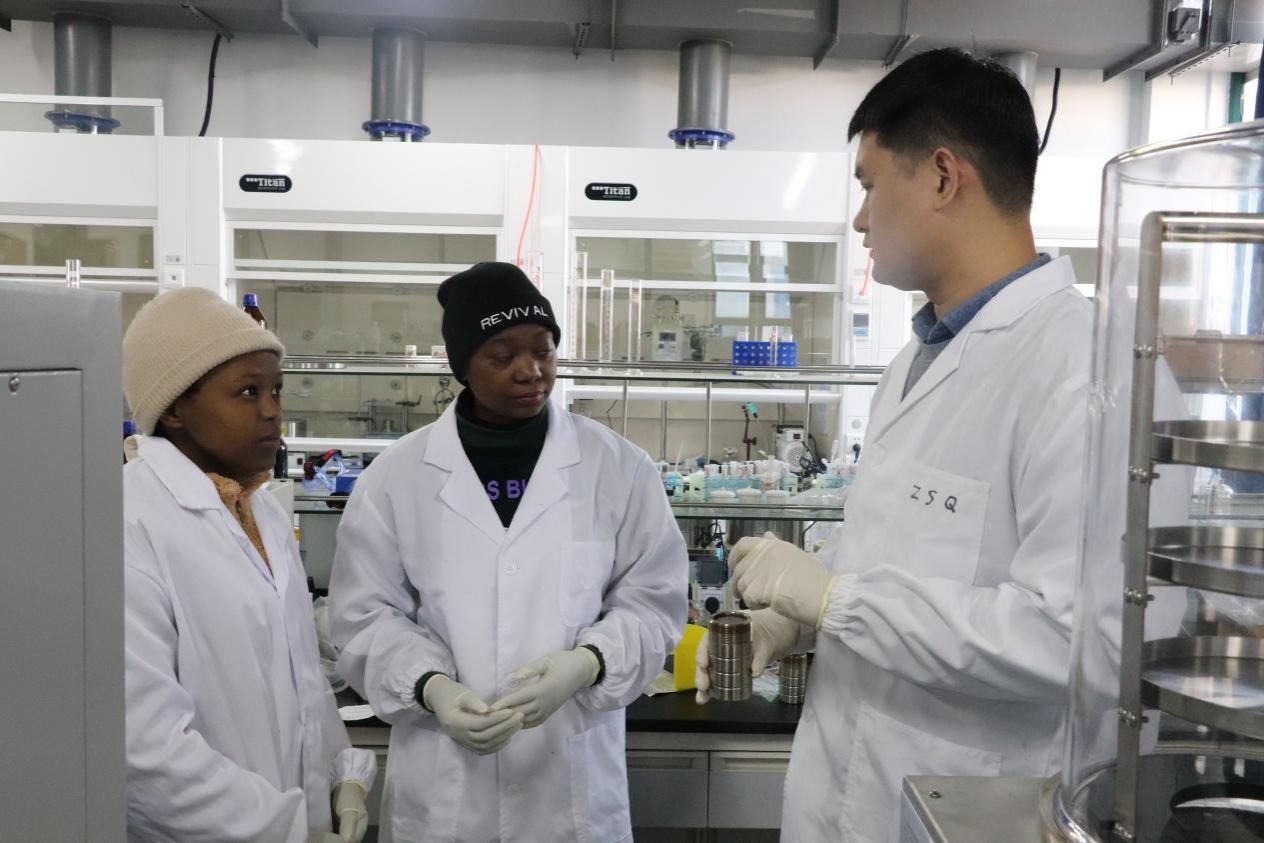Mar 24, 2025
Profile
Chemistry mainly studies the basic theoretical knowledge of chemistry and the basic operational skills of chemical experiments, including the chemical reactions and changes within a single substance and between multiple substances, understanding the mechanisms and processes of these changes, such as combustion of objects, rust of steel, food decay, and the process of grain brewing, all of which are chemical changes. By studying the processes of these changes, students can understand the reasons and mechanisms for their changes.
Job Prospect
Teacher in chemistry at the middle or high school
College laboratory coordinator
Chemistry curriculum designer
Educational program assessment coordinator
Teaching and learning center professional development provider
Core Courses
Course Name:Inorganic Chemistry
Course Description :
This course is an introduction to modern inorganic chemistry. Topics include principles of structure, bonding, and chemical reactivity with application to compounds of the main group and transition elements, including organometallic chemistry. This course is the first basic core course for the international students majored in chemistry. The course content can be divided into two parts. The first part is chemical principles including introduction, gases, thermochemistry, chemical kinetics, chemical equilibrium, acid-base equilibria, solubility-precipitation equilibria and redox reactions. The second part is the structure of matter including atomic structure, molecular structure, solid structure and complex structure.
This course plays an important role in strengthening and broadening international students' knowledge and ability structure. This course is also the foundation of successive courses of chemistry.
Course Name:Organic Chemistry
Course Description :
This course gives an introductionan to organic chemistry, focusing primarily on the basic principles to understand the structure and reactivity of organic molecules. Emphasis is on substitution and elimination reactions and chemistry of the carbonyl group. The course also provides an introduction to the chemistry of aromatic compounds. Carbon can form covalent bonds with itself and other elements to create a mind-boggling array of structures. In organic chemistry, we will learn about the reactions chemists use to synthesize crazy carbon based structures, as well as the analytical methods to characterize them. We will also think about how those reactions are occurring on a molecular level with reaction mechanisms. Simply put, organic chemistry is like building with molecular Legos.
Course Name:Physical Chemistry
Course Description :
Physical chemistry, once was summed up as a subject encompassing everything that is interesting by Gilbert N. Lewis, is the theoretical basis of chemical science, and also the indispensable worldview and methodology in cognition of the chemistry world. Herein, this forthcoming bilingual demonstration course from Dalian University of Technology are dedicated to undergraduates majored in chemical engineering, emphasizing a comprehensive, but well understood overview of experimental or theoretical approaches, fundamental concepts and principles, as well as their typical applications. Hope to bring you an authentic sense of modern physical chemistry and research interest to go on exploring and make your own breakthroughs in this diverse and fascinating field.

